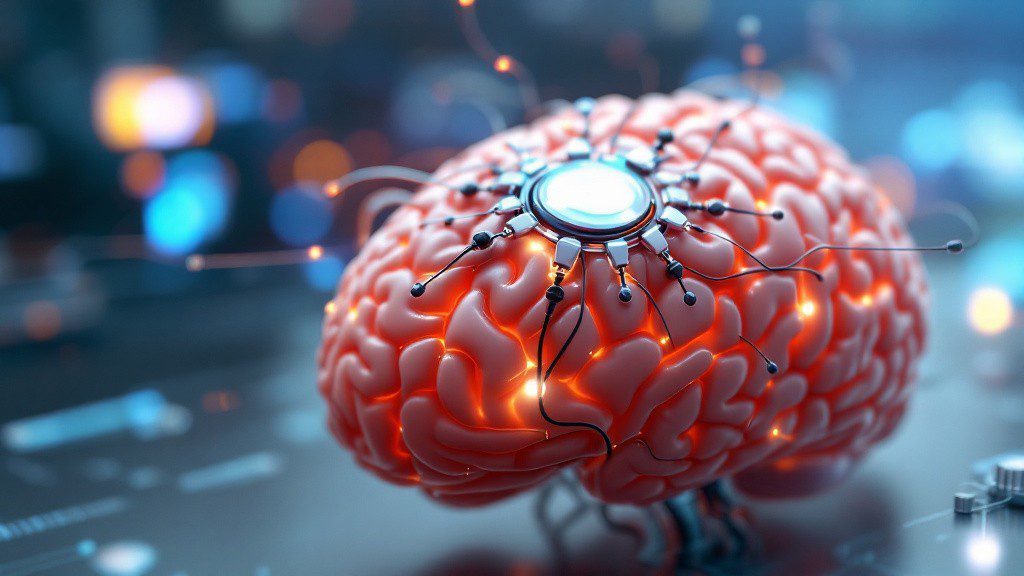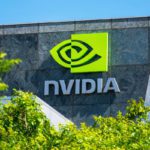In a significant advancement for brain-computer interface (BCI) technology, Precision Neuroscience announced on April 17, 2025, that the U.S. Food and Drug Administration (FDA) has approved their Layer 7 Cortical Interface. This milestone positions the company as a direct competitor to Elon Musk’s Neuralink in the emerging neurotechnology sector.
The FDA-cleared Layer 7 Cortical Interface is a revolutionary, flexible microelectrode array designed for brain surface implantation. Thinner than a human hair and equipped with 1,024 electrodes, the device can record and stimulate brain activity. The approval permits temporary implantation for up to 30 days, enabling its use in neurosurgical procedures and brain mapping, marking the first full clearance for a wireless BCI system.
The innovative device offers new hope for patients with severe paralysis by translating neural signals into commands for external technologies, potentially restoring crucial functions like speech and movement. Clinical testing has already been conducted on 37 patients during brief surgical interventions, with the FDA approval now opening doors for broader clinical applications.
Benjamin Rapoport, Precision Neuroscience’s co-founder and chief science officer, emphasised the significance of achieving “real-time neural recording at a fidelity and scale not previously possible.” As a former Neuralink co-founder, Rapoport’s expertise lends weight to Precision’s focus on developing safe, scalable, and minimally invasive solutions.
Unlike Neuralink’s more invasive approach using penetrating electrodes, Precision’s technology utilises a thin-film electrode array implanted through a sub-millimetre incision on the brain’s surface. This reversible procedure minimises risks while maintaining robust neural data collection capabilities, with the added advantage of allowing multiple arrays to be implanted simultaneously.
The company’s vision has attracted substantial financial backing, securing over $102 million in Series C funding led by General Equity Holdings, with participation from prominent investors including B Capital, Steadview Capital, and Stanley Druckenmiller’s Duquesne Family Office. This investment demonstrates strong confidence in Precision’s physician-led approach to transforming neurological treatment.
The FDA approval establishes Precision as a key player alongside other notable neurotech startups, including Neuralink and Synchron. The latter, backed by Jeff Bezos and Bill Gates, pursues a less invasive vascular implant approach, highlighting the industry’s ongoing debate over optimal BCI development strategies.
Looking ahead, Precision Neuroscience plans to expand its research and clinical applications while developing its computer-controlling platform. This breakthrough approval accelerates the timeline for practical medical applications, potentially transforming life quality for patients with paralysis through the company’s focus on immediate, scalable benefits rather than speculative long-term goals.
News Source: CNBC









